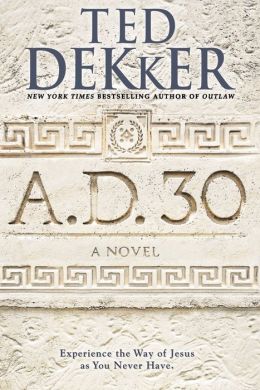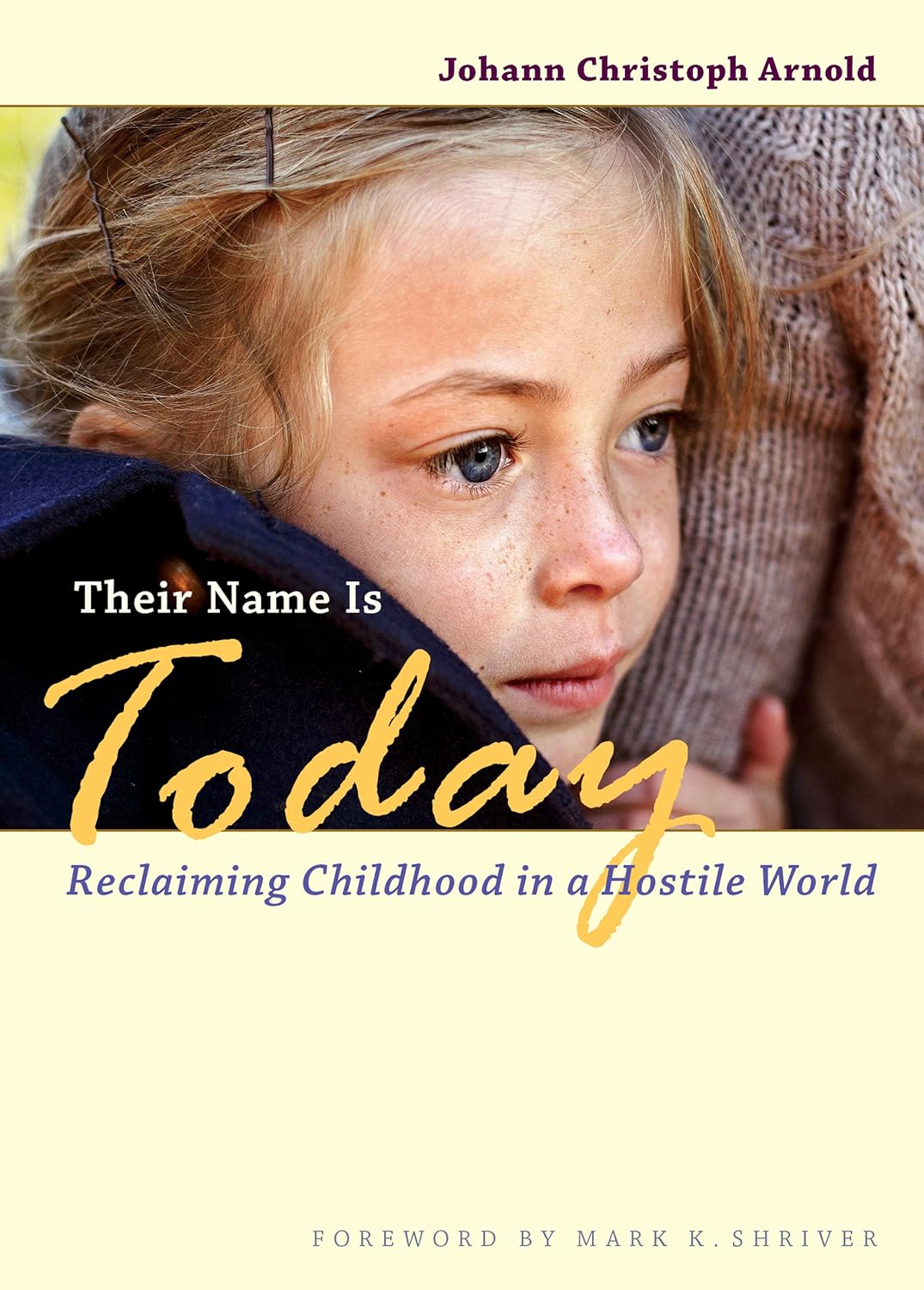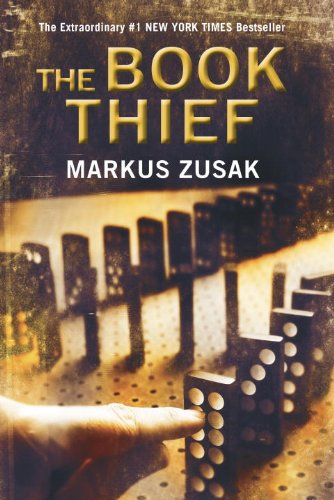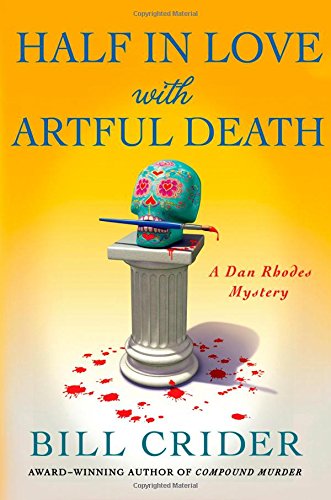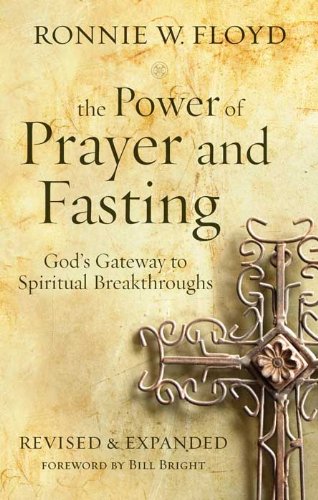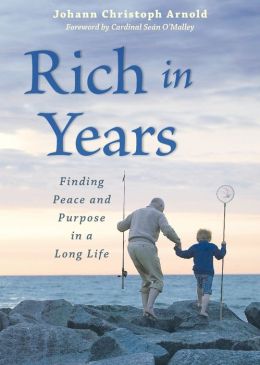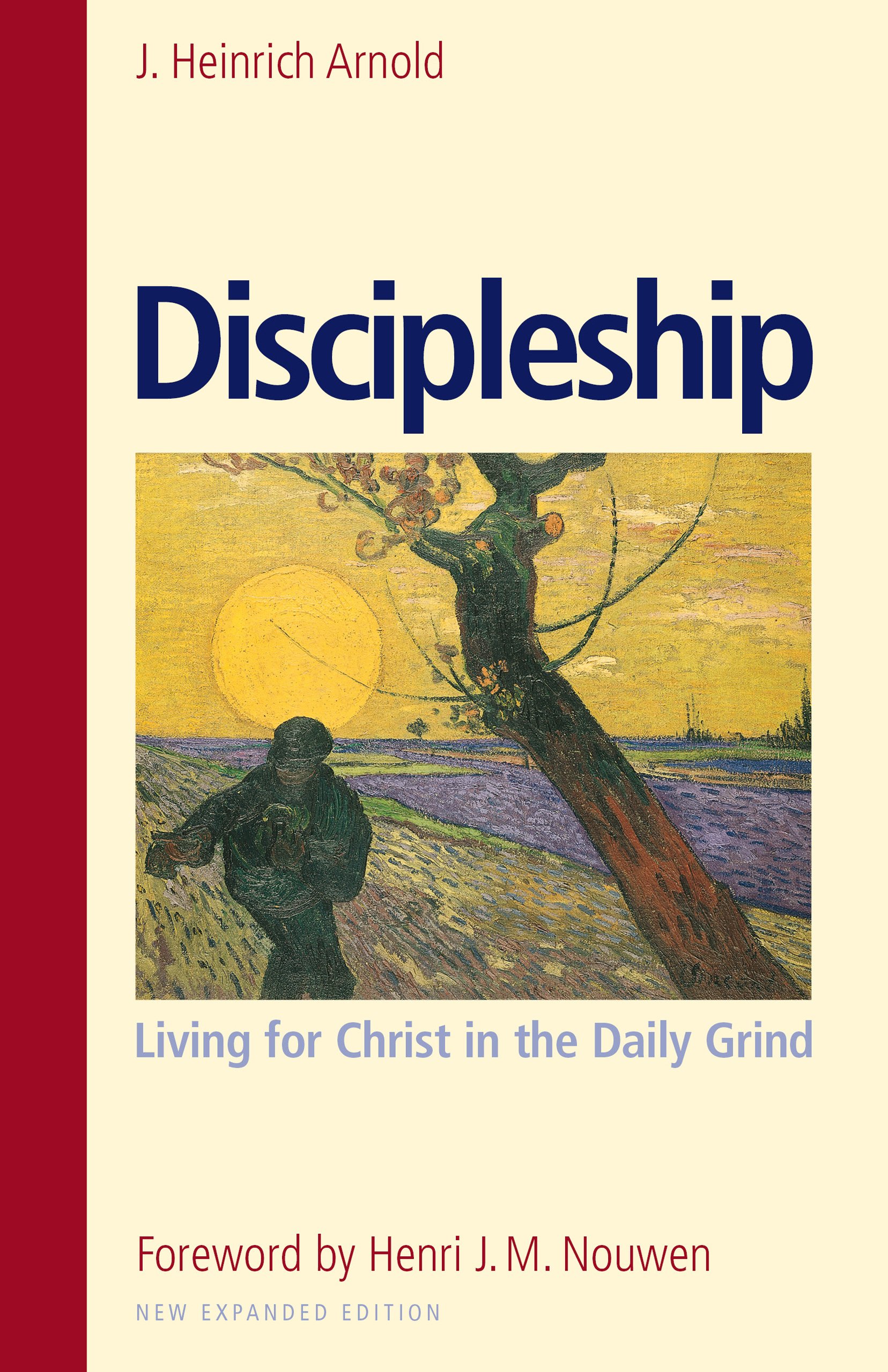
© 2011 The Plough Publishing House, Walden, New York
Living through the middle of the 20th century
(1913-1982) J. Heinrich Arnold discovered a deep and lasting faith that guided
his every step. In this volume we have a collection of his writings (drawn
together by his children and friends) that bears reading by every follower of
Christ.
This leader of a Christian community (without formal
theological education) walked deeper in the word than most of the men and women
considered great heroes of t
he faith today.
First of all, I must admit that the book is not an easy read
for several reasons. Arnold‘s writings are collected piece by piece making the
book more a collection of sayings that a “read-through-me” volume. In this
respect the book does not have flow. On the other hand this makes Discipleship:
Living for Christ in the Daily Grind a perfect reference volume. The writings
are collected under general to specific headings. Want to read about “Faith”?
Look under the heading. “Communion”? It’s there too.
The other main reason for the difficulty in navigating this
book is the depth at which Arnold
hits the reader’s spirit. This is not a book to pick up if you want
no-challenge, feel-good fluff. It is however, the perfect read for the
Christian wanting to be more like Christ (which is after all, the ultimate goal
of becoming a Christian in the first place).
Arnold
tackles man in his sin nature and his salvation. He writes readily about the
nature and community of the church. I would give this book 4 out of 5 reading
glasses and join greats like Mother Teresa and Elisabeth Elliot in recommending
the book to any Christian.
—Benjamin Potter,
December 29, 2014
[Disclaimer: I received this book for free
for the purposes of this review.]

